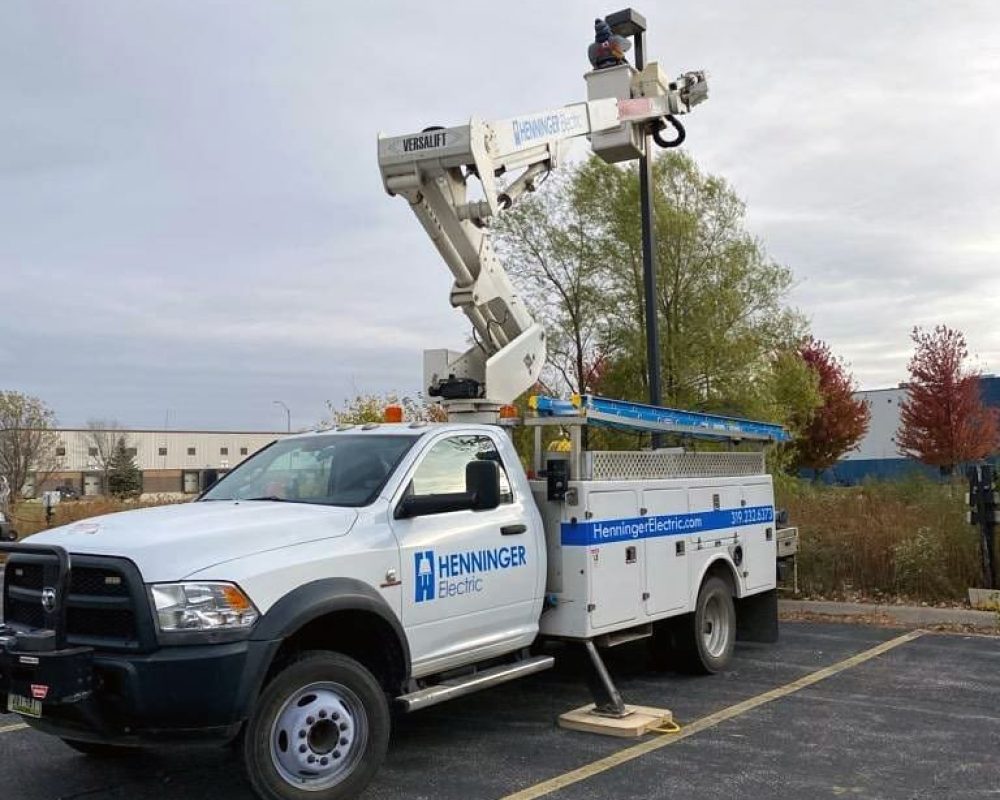A Look at the Hidden Wonders of Lights
People used to do without indoor lighting. Over time, they used whale oil and candles to light their homes, but these things were too hazardous or expensive to use indoors. Finally, electric lights became available. Here are some glowing insights about lighting your home.
Incandescent Lights Are Wasteful
Incandescent lights are being phased out, and it’s about time. Although these bulbs and their assorted sizes, shapes and wattages have made modern life possible, they are incredibly wasteful. The light is created when a tungsten filament encased in a bulb full of inert gas heats up.
However, most of an incandescent bulb’s energy is not light but heat. This is obvious to anyone who has tried to unscrew an incandescent lightbulb shortly after turning it off. These bulbs would be far more efficient if the heat they gave off was enough to heat a cold room, but it’s only enough to burn fingers.
LEDs Are Sort of Miraculous
LED stands for Light Emitting Diode with a diode being a type of semiconductor. The current flows easily in one direction but encounters high resistance in the other direction. LED lightbulbs are a much more recent invention than incandescent lightbulbs, but they have been around for over 60 years.
LED bulbs used to be expensive, but modern technologies have allowed their cost to come down greatly over the last few years. Now LED lights are not only affordable but last as much as 30 times longer than incandescent lights, according to the Department of Energy.
What to Know About Fluorescent Lights
You may also have fluorescent lighting in your home. If you do, it’s most likely in your kitchen. This is probably because these types of lightbulbs give off a bright white light that helps with meal preparation and cleaning up. Fluorescent lights also use much less energy than incandescent lights, which is a benefit given how long the light needs to be on in a working kitchen.
These lights work by exciting mercury vapor inside the bulb, which is also filled with noble gas and phosphors. These are materials that glow when exposed to radiation. The excited mercury atoms give off ultraviolet radiation that causes the phosphors in the bulb to glow.
Call Us to Learn More About Your Lighting
The lighting in your home makes many of your daily and nightly activities possible, so you need them to work efficiently and safely. When you need professional lighting services, call our professionals at Henninger Electric of Cedar Falls, IA.






